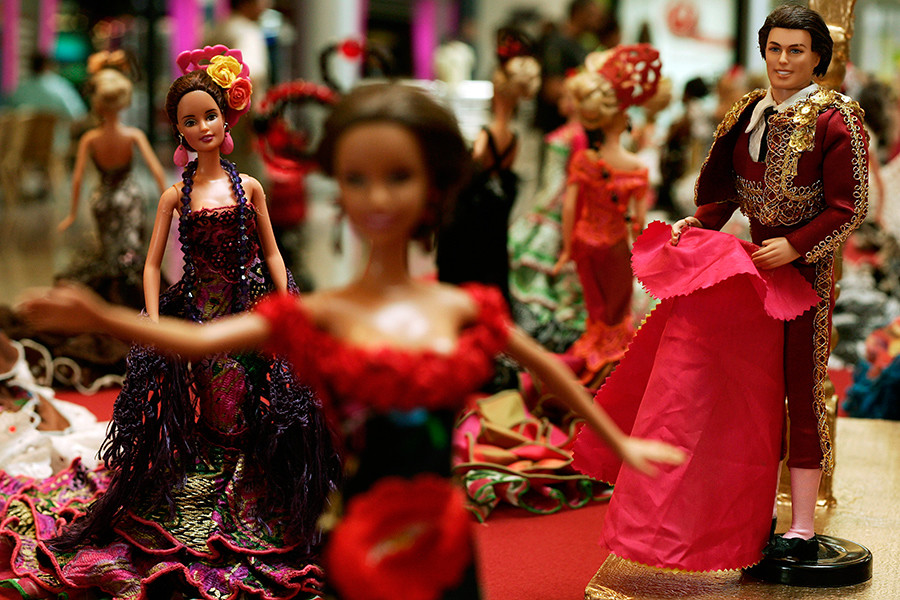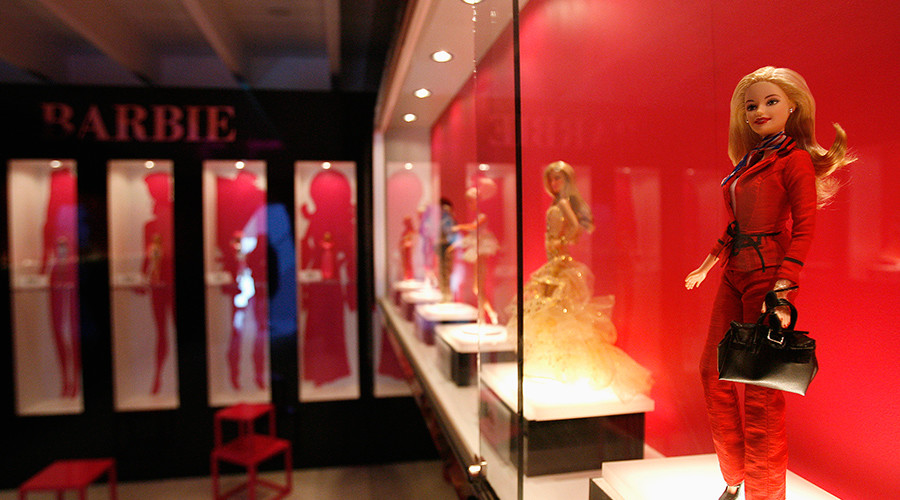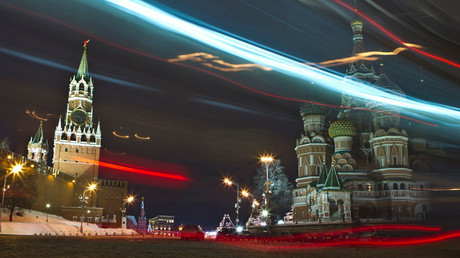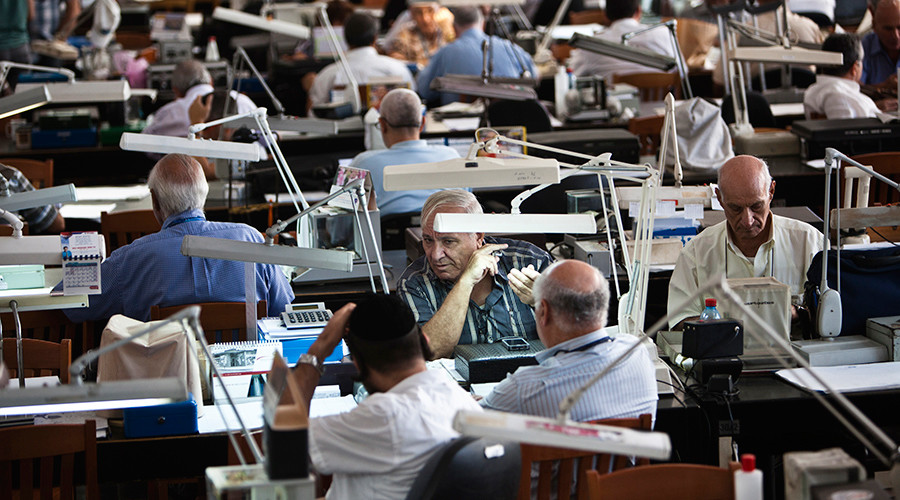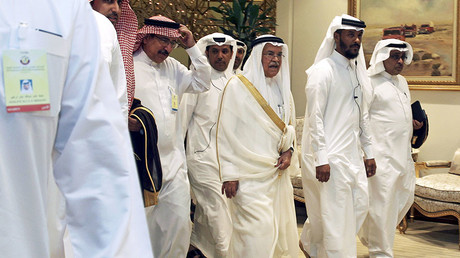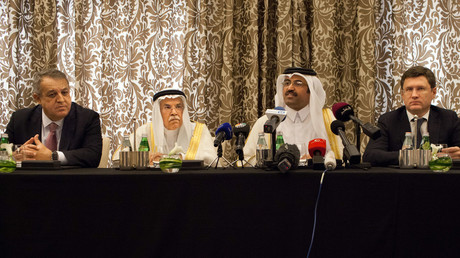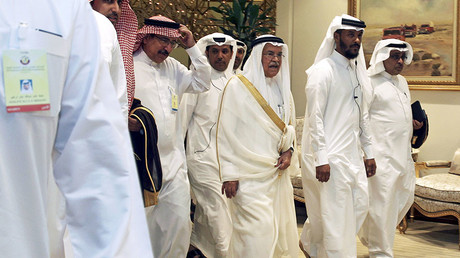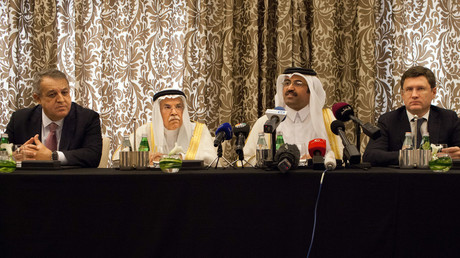“I’m hearing good news from Athens, so let’s see where we are,” Dijsselbloem told journalists as he arrived in Amsterdam for talks with eurozone finance ministers.
“If we make progress on the content of the program and the next steps then we need to start the discussion on debt. We’re only at the beginning of that discussion, so don’t expect any deals today,” he said, adding “debt is a discussion we’ve not had before.”
According to Dijsselbloem, the only thing the Eurogroup has promised is the possibility of talks on further debt measures “if the Greeks commit fully and deliver on the program.”
In an interview with Euronews on Thursday, Prime Minister Alexis Tspiras said the Greek economy is just one step away from recovery but needs debt relief, not further austerity, to cross the finish line.
“We all need to make the right decisions. This means Greece is on the final leg of the race and needs a push forward, not a push backward. It is therefore necessary that those who have made gross mistakes with wrong choices and wrong forecasts not be allowed to repeat the same mistakes again,” Tsipras said.
Meanwhile, the head of the International Monetary Fund Christine Lagarde insists debt sustainability is “critically important” for Greece. Speaking ahead of the meeting in Amsterdam, the IMF chief reiterated the fund’s demand for Greece’s debt sustainability to be addressed, describing the approach to the Greek crisis as a “two legged” approach.
“There have to be sufficient reforms…and there has to be debt sustainability at the end of the day. On that front, we have not started discussions,” Lagarde said.
READ MORE: Greece for sale: Germans to run Greek regional airports as part of bailout deal
Greece’s Minister of State Nikos Pappas has said the government hopes to reach an agreement on the next tranche of emergency loans by the beginning of May. The announcement followed a week of talks between representatives of the European Commission, European Central Bank and the International Monetary Fund with Greek officials on austerity measures needed to secure the €86 billion bailout package.
Creditors demand a Greek commitment to budget savings, centered on overhauling pensions and income tax, worth about €5.4 billion, or three percent of Greece’s GDP.
The first review of the country’s bailout program was originally scheduled to conclude at the end of last year. The delay was attributed to the IMF disputing the effectiveness of Prime Minister Tsipras’ proposals for additional budget savings and its more pessimistic view of the country’s economy.
Speaking about Greece’s economy Tsipras said: “At this critical stage we must by no means allow some people to drive this country back to the darkness of recession. We must march forward and overcome the crisis for good.”
Article source: https://www.rt.com/business/340585-greece-creditors-deal-bailout/?utm_source=rss&utm_medium=rss&utm_campaign=RSS
